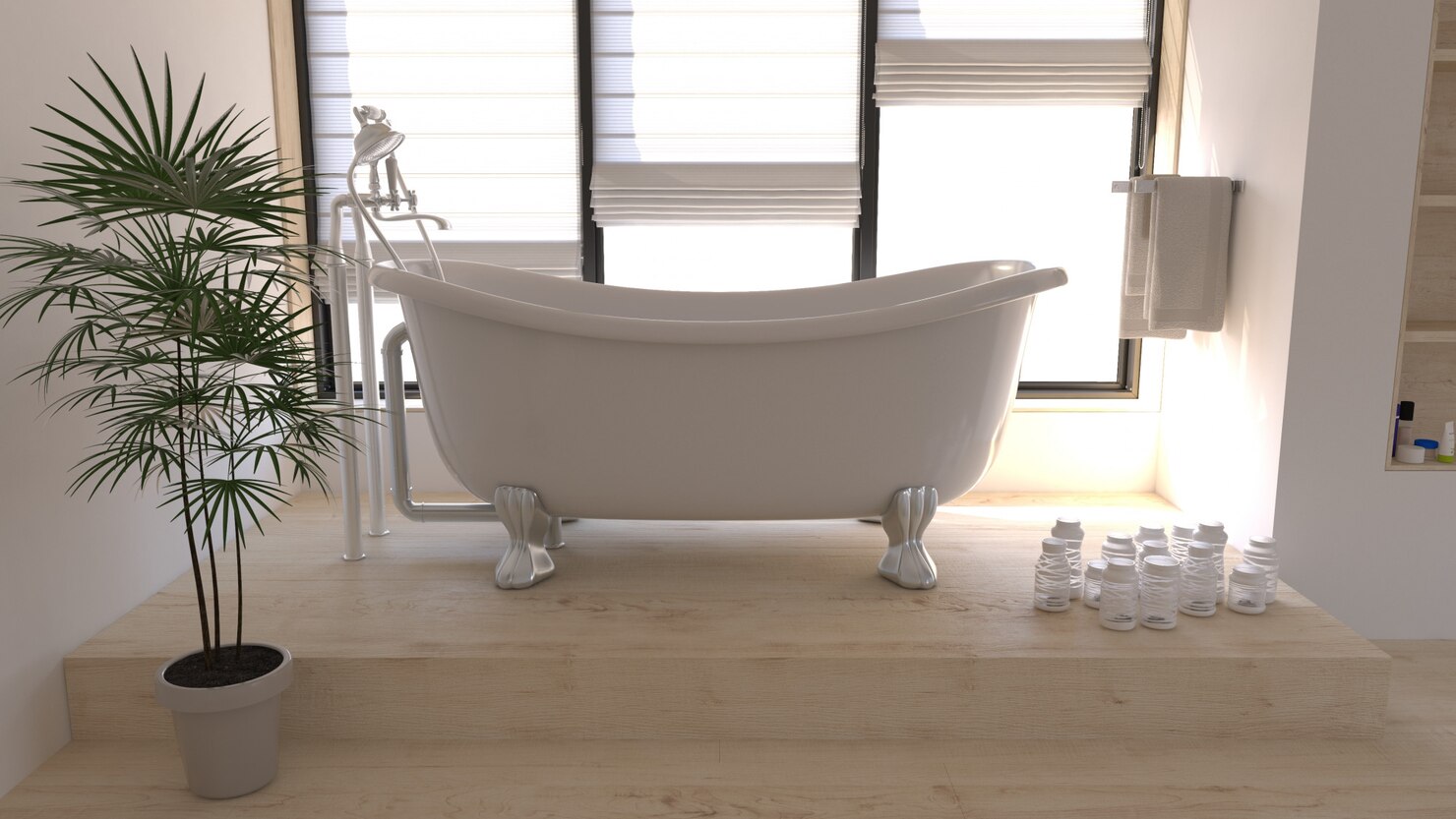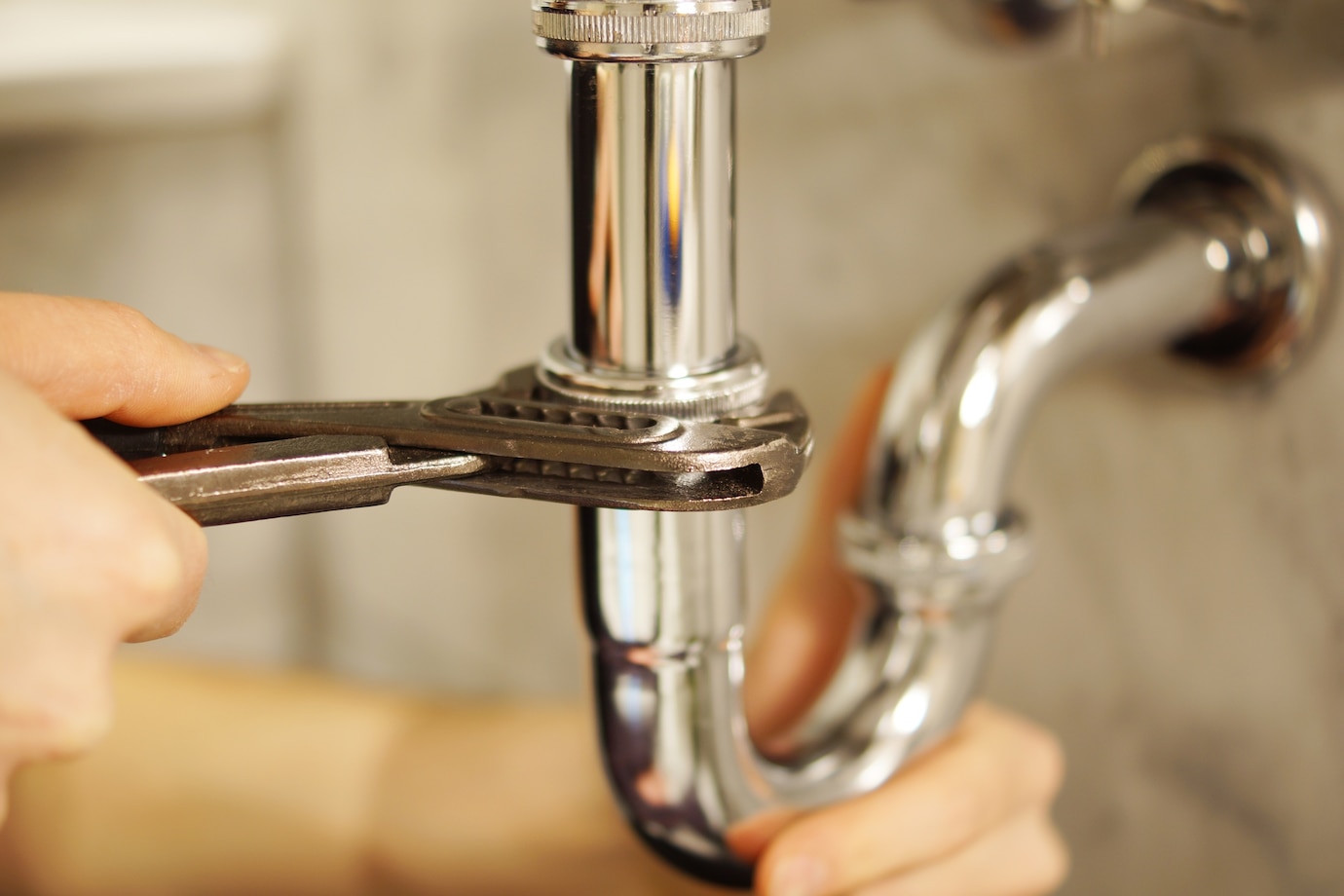The Ultimate Checklist for Buying the Perfect Bathtub
Your bathroom serves a purpose beyond mere functionality; it’s a haven for relaxation, offering a refuge from the world’s chaos where you can unwind in your tranquil oasis. The bathtub is at the heart of this personal haven—a symbol of tranquility and luxury. But with many options available, how do you choose the one that’s perfect for you? In this blog, we’ve created the ultimate checklist to help you on your quest for the ideal bathtubs. From considerations about size and material to style preferences and environmental impact, this guide will help you confidently navigate the waters of bathtub selection.

Consider Your Bathroom Size and Layout
Measure the available space in your bathroom to determine the size and shape of the bathtub that will fit comfortably. Consider factors like door openings and walkway space.
Type of Bathtub
There are several bathtubs, including freestanding, nook, corner, and drop-in. Select the type that best suits your bathroom layout and design preferences.
Material
Bathtubs come in various materials, such as acrylic, fiberglass, cast iron, stone, and porcelain. Each material has its own pros and cons, so consider factors like durability, ease of maintenance, and aesthetics when choosing.
Style and Design
Determine the style you want for your bathroom, whether modern, traditional, vintage, or contemporary. Choose a bathtub design that complements your bathroom’s overall theme and décor.
Functionality
Consider the features you desire in a bathtub, such as built-in jets for hydrotherapy, an overflow drain, or a built-in shelf for bath products. Consider how you plan to use the bathtub and select one that meets your needs.
Water Capacity
The water capacity of the bathtub is essential. A deeper bathtub may offer a more immersive bathing experience but also require more water.
Installation
Think about the installation process. Some bathtubs are more accessible, and installation costs can vary significantly. Freestanding tubs, for example, often require less extensive installation work than built-in models.
Maintenance
Consider the ease of cleaning and maintenance. Some materials and finishes are more stain-resistant and accessible to clean than others, saving you time and effort in the long run.
Budget
Establish a financial plan for your bathtub acquisition. Bathtub costs come in a wide range, so having a predetermined budget will aid in narrowing down choices and avoiding excessive expenditure.
What Should I Do If I Encounter Plumbing Issues After Bathtub Installation?
Suppose you encounter plumbing issues after the installation of your bathtub. In that case, addressing them is essential to prevent further damage and inconvenience. Here are steps to follow if you experience plumbing problems:

Turn Off the Water
If you notice a leak or any plumbing issue, the first step is to turn off the water supply to the bathtub. It is usually done through shut-off valves near the tub or in the main water supply for the bathroom.
Check for Obvious Issues
Inspect the area around the bathtub for any visible signs of plumbing problems, such as leaks, drips, or loose connections. Make a note of any issues you find.
Contact a Licensed Plumber
Plumbing concerns can encompass minor leaks to intricate issues demanding expert know-how. If you lack plumbing experience, it’s advisable to contact a certified plumber to evaluate and rectify the problem. These professionals possess the essential expertise and tools to diagnose and resolve plumbing issues accurately.
Document the Issue
Before the plumber arrives, take photos or make notes about the plumbing issue. This documentation can be helpful for the plumber in understanding the problem and for any potential insurance claims.
Communicate with the Installer
If the plumbing issue is related to the installation, contact the company or installer who installed the bathtub. Explain the problem and inquire about any warranties or guarantees covering the structure.
Review Your Warranty
Check the warranty for your bathtub and any associated plumbing fixtures. Some manufacturers offer warranties that cover defects or issues that may arise after installation. Be sure to follow any warranty claim procedures outlined by the manufacturer.
Do I Need A Professional To Install My Bathtub?
The need for a professional to install your bathtub depends on your level of expertise in plumbing and construction, as well as the complexity of the installation. Installing a bathtub involves plumbing work, structural considerations, and often electrical connections for features like whirlpools or jetted tubs. Here are some factors to consider when deciding whether to hire a professional for bathtub installation:
Plumbing Skills
Installing a bathtub requires plumbing knowledge, including connecting water supply lines, drain pipes, and waste overflow pipes. If you are not experienced in plumbing, hiring a licensed plumber is advisable to ensure proper connections and prevent leaks.
Structural Considerations
Some bathtubs, primarily freestanding or heavy ones like cast iron, may require additional structural support on the floor to bear the weight safely. A professional can assess and address these structural considerations.
Electrical Work
If your bathtub features electrical elements like jets, lighting, or heaters, it might necessitate electrical connections. For safety and adherence to local building codes, it’s essential to have a qualified electrician carry out the electrical work.
Waterproofing
Proper waterproofing is essential to prevent water damage to your home’s structure. A professional can ensure the bathtub is sealed correctly and the surrounding walls and floor are waterproofed.
Warranty and Guarantees
Some bathtub manufacturers may require professional installation to maintain the warranty on the product. Be sure to check the manufacturer’s guidelines and warranty terms.
Local Building Codes
Adhering to local building codes is paramount to guarantee the installation’s safety and legality. A skilled expert will have a good understanding of local codes and regulations and can ensure that the construction complies with these prerequisites.
Wrap up
Buying the perfect bathtub for your bathroom is a significant decision that should take time and effort. Take the time to assess your needs, preferences, and budget, and use this checklist as a guide to make an informed choice. With the right bathtub, you can create a spa-like retreat in your home and enjoy countless hours of relaxation and luxury.
